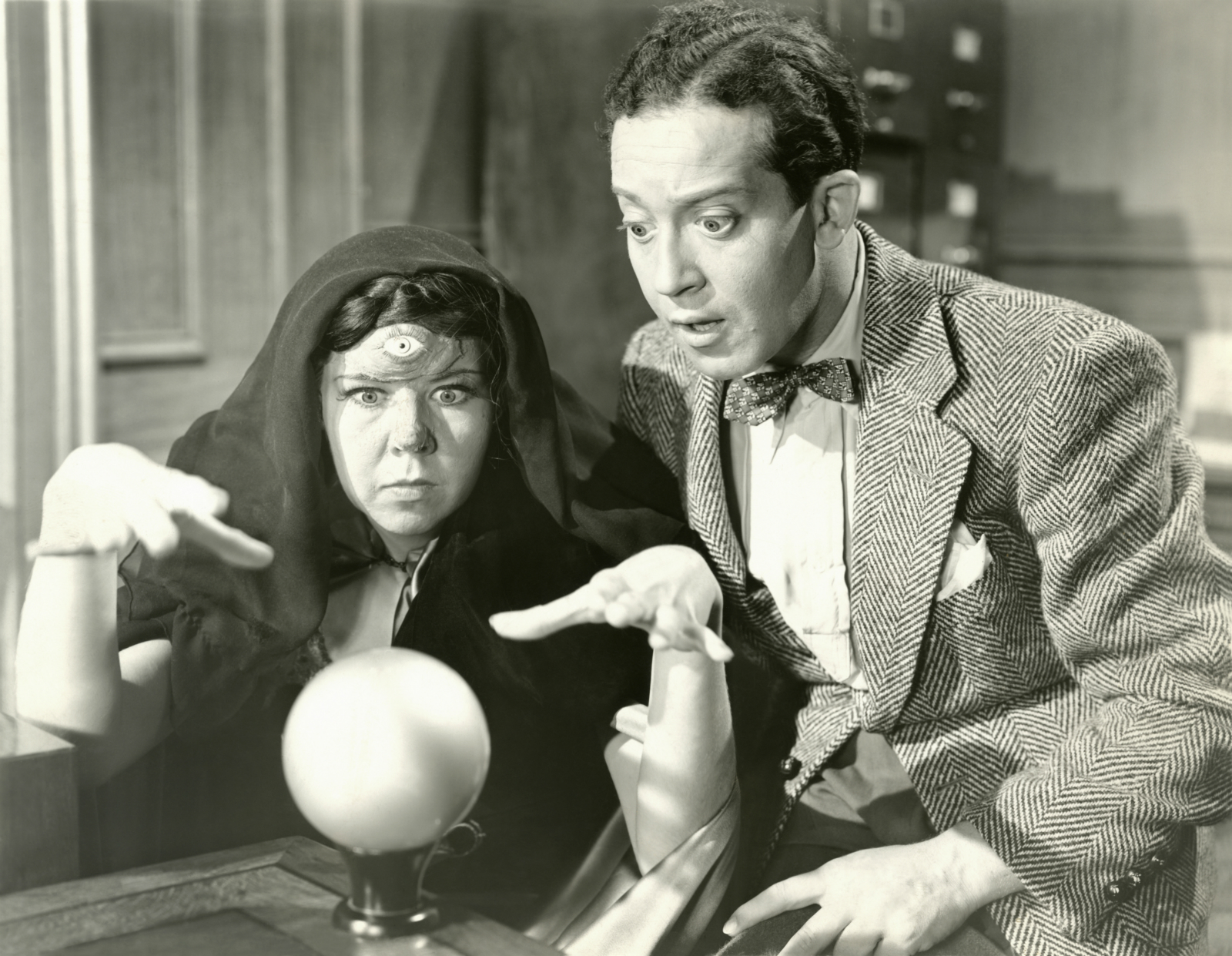Enterprise’s 2023 trendsetting crystal ball: Food, tech and work life trends shape our daily lives. Some trends that cropped up in 2022 are here to stay, but there are a few new contenders to look out for this year.
Food trends
Date sweeteners: Although dates are a longtime Middle Eastern and Mediterranean staple, the fruit will trend as a sweetener in 2023, Whole Foods predicts. If you want to get in on the trend or are looking for a naturally caramel flavored alternative to honey and maple syrup, try Imtenan’s date syrup and Abu Auf’s date honey.
The resurgence of nostalgic products: If the popular 70s and 80s fast food joint Wimpy reopening its doors after a decades-long hiatus is any indication, nostalgic foods are coming back with a vengeance. Juhayana’s previously discontinued caramel and vanilla flavored milk variants also made a comeback. Expect this trend to continue, but only time will tell exactly which of our childhood favorites will be revisiting shelves this year.
Sustainability labels: Expect more brands to jump on this trend and showcase their sustainability initiatives. More plant based products will also be hitting shelves. If you’re looking for a vegan dessert there are already a few options available, including Dara's Vegan Chocolate Ice Cream and Gourmet’s Vegan Banana Cake, neither of which will have you missing the dairy.
Tech trends
WiFi connectivity, everywhere and all the time: Over 43 bn devices will be connected to the internet in 2023, Forbes reports. We’ve extensively covered the major trends that we expect to influence the ways we use these devices throughout the year. We delved deep into the metaverse and explored super apps thoroughly in a three-part What’s Next series, here, here, and here.
Apple’s industry dominance: The new Mac Pro — complete with an Apple silicon processor rather than an Intel processor — is expected to debut sometime in the spring after production was delayed due to changes to the company’s chip and manufacturing plans, Bloomberg reports. It's likely the iPhone 15 will be launched in September 2023, with rumors circulating an Ultra version will be released this year with titanium components and other improvements.
Work life
Could 2023 be the year more companies shift to a four-day work week? The number of two-income households is on the rise. When you have two incomes, working five-day work weeks and having very little time off can be debilitating. More and more people are pushing for shorter work weeks in order to dedicate more time to looking after their older parents and to raising their children, professor of Management Practice at London Business School Lynda Gratton explained during her appearance on the World Economic Forum Book Club Podcast.
The global workforce will continue rising this year: With inflation showing no signs of waning across several parts of the world, more people are expected to join the workforce as they grow increasingly more worried about financial security, Gratton predicts.
Flexible working seems to be here to stay: Technology has made it easier to work from just about anywhere which means some of the recent work trends we’ve seen go mainstream — like the digital nomad and hybrid work — are unlikely to slow down or disappear.
Fashion
The capsule wardrobe: Inflationary pressures have led people to purchase fewer clothes, focusing on quality and durability, chief merchandising officer at Stitch Fix Loretta Choy tells Fast Company. More people will start building a capsule wardrobe — a small selection of mostly neutral colored items that can be used to create many different outfits — to get more bang for their bucks. Capsule wardrobes are also great from a climate change standpoint, especially when compared to environmentally unfriendly fast fashion that ends up in landfills.
Leather: Leather and faux leather will back with a vengeance. Colorful leather jackets, moto jackets and grungy long leather trenches popped up all over the 2023 runways and are poised to be popular outerwear looks, StyleCaster reports.
Utility wear is, unfortunately, here to stay: Cargo pants — one of the biggest trends in 2022 — are continuing their appeal this year. The utilitarian look will expand to other pieces including skirts and jackets and we’re likely to see more elevated versions of the trend, Elle reports.





